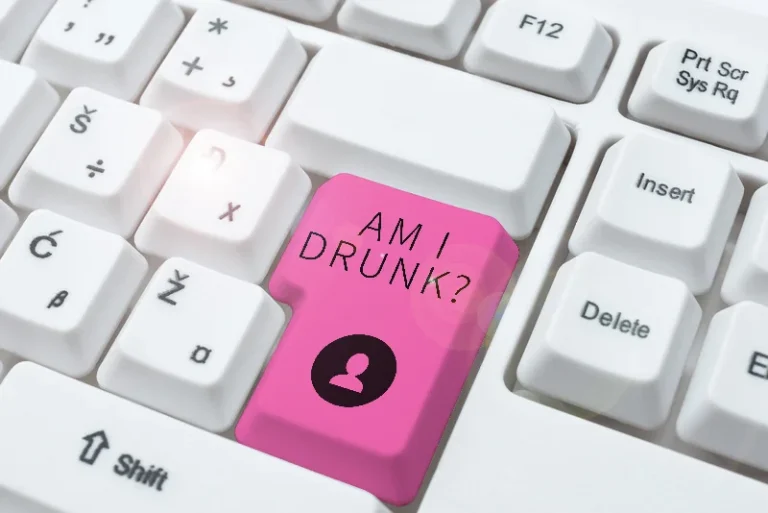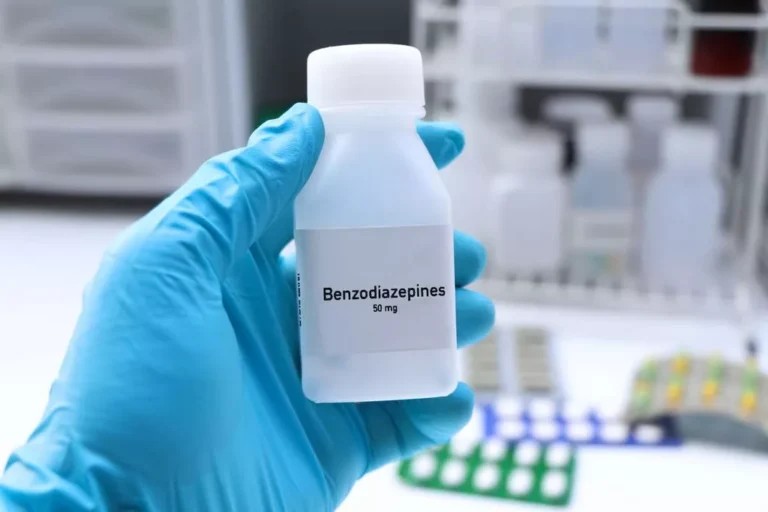
According to the National Institute on Alcohol Abuse and Alcoholism (NIAAA), a significant percentage of liver disease deaths are alcohol-related. The liver’s ability to process alcohol diminishes with increased consumption, heightening the risk of liver damage. The warning includes risks such as epidural or spinal hematoma (which could result in paralysis). It recommends blood thinners and alcohol not stopping Eliquis before completing therapy, and avoiding anti-inflammatory drugs, other blood thinners, and platelet inhibitors to decrease risk. Alcohol and blood thinners interact in different ways that will vary for each individual. This makes it hard to predict exactly what will happen, but it increases the risk of either bleeding or clot-related problems.
St. John’s Wort, Paxlovid, and More: 7 Xarelto Interactions to Be Aware Of

If you take a blood thinner, be sure to follow your health care provider’s advice on dosing. Ask about foods and other medications — including drugs you buy without a prescription and herbal supplements — that can interfere with how the blood thinner works. If you have been prescribed a blood thinner, it’s important to pay attention to signs of bleeding, like red or black colored stool, severe headache, light-headedness, and fainting. If you notice any of these symptoms, seek medical attention right away.

Risk of blood clots if stopping Eliquis treatment early
Different anticoagulants work at different parts of the coagulation process. For instance, some anticoagulants do this by competing with vitamin K, which your body needs to make proteins called clotting factors. These help your blood cells bind together to make blood clots. Despite their name, blood thinners (also called anticoagulants) don’t actually thin your blood. They work by keeping your blood from sticking together in a clump (clotting).
What Should Your Heart Rate Be During Exercise?
While highly effective, blood thinners must be used with caution due to the risk of excessive bleeding. It is important for patients to be closely monitored and to follow their healthcare provider’s instructions to minimize potential side effects, such as bleeding complications. This goes for all of the drugs in the class of Factor Xa inhibitors (Eliquis, Xarelto, Savaysa, Arixtra). Blood https://ecosoberhouse.com/article/making-living-amends-during-addiction-recovery/ thinners are a category of medication that helps prevent the formation of blood clots within the bloodstream, a process known as hemostasis. Depending on the location in the body and whether the clot blocks blood vessels, a thrombosis can be life threatening. These work by blocking a protein that makes your platelets stick together and to the walls of your blood vessels, forming clots.
- These symptoms could be life threatening and require immediate medical care.
- These medications are essential in treating conditions where blood clots pose a significant threat, such as atrial fibrillation, deep vein thrombosis (DVT), and pulmonary embolism.
- Within the last few years, a new class of blood thinners was developed.
- Swimming, walking, and jogging are excellent forms of exercise and are safe for most people taking anticoagulants.
- They’ll discuss whether Eliquis may be a safe treatment option for you.

Keep in mind that Ozempic and other similar medications for weight loss can reduce how much you eat. And if you’re taking warfarin, your diet can affect your drug levels. So be sure to let your prescriber know if you’re eating less than usual. They can check to make sure your warfarin levels stay within a safe range. In addition, taking certain thrombolytic medications with ACE inhibitors may increase your chance of developing angioedema.
- Both conditions can make you feel woozy, wobbly, hungry, tired, or confused.
- So Eliquis is currently not recommended for use during pregnancy.
- Warfarin works by reducing the clotting effects of vitamin K, which is found in many green vegetables, including kale, broccoli, Brussels sprouts, and collard and mustard greens.
- Instead, take the missed dose as soon as you remember and call your doctor for advice on your next step, the Cleveland Clinic recommends.
- If this side effect is severe or bothersome to you, your doctor may be able to recommend ways to help prevent it.
Should You Drink Alcohol While Taking Blood Thinners?
- In general, all blood thinners work by either blocking or inactivating part of the system that forms blood clots.
- Some healthcare providers recommend against alcohol ingestion completely while taking warfarin.
- Generally speaking, The American Blood Clot Association recommends that anyone with a clotting disorder or heart disease should use extreme caution when drinking.
Possible side effects of blood thinners


